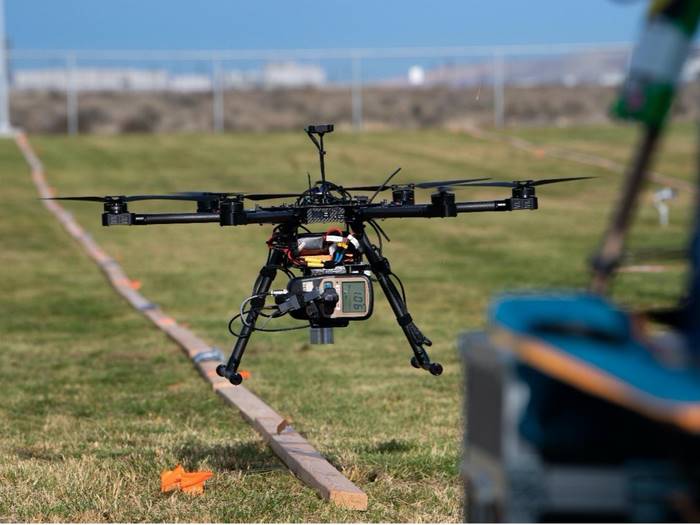NASA’s ambitious X-57 Maxwell project, dedicated to an all-electric aircraft, will soon wrap up its operational activities by the end of September.
However, documentation and close-out tasks will continue for several months beyond that. The X-57 research has yielded invaluable insights for aviation researchers, encompassing a wide range of groundbreaking advancements in fields like battery technology and cruise motor control design.
Brad Flick, the director of NASA’s Armstrong Flight Research Center in Edwards, California, where the X-57 aircraft was developed, expressed pride in the project team’s achievements. He emphasized their commitment and innovative spirit, which have paved the way for transformative developments in electrified propulsion. Flick highlighted how American commercial aviation companies are already benefiting from the knowledge and lessons learned from the X-57 project, contributing to the evolution of air travel.
It’s important to note that the conclusion of aircraft operations in September 2023 does not include the maiden flight of the X-57 aircraft. The project faced various challenges, such as late-stage mechanical issues and the unavailability of critical components required for experimental hardware development. Given the imminent conclusion of aircraft operations, the timeframe did not permit the team to achieve the necessary conditions for safe flight.
While most of the X-57’s development will be completed by September 2023, the team will officially conclude their work with additional technical publications in the following months.
The primary objective of the X-57 project was to gather knowledge regarding electric propulsion-focused aircraft design and airworthiness processes, which would be instrumental in collaborating with regulators. This information has already influenced and will continue to shape the development of advanced certification approaches for electric propulsion in emerging markets for electric aircraft. It’s important to note that the project was not solely focused on prototype development, but rather on establishing a test platform for exploring technologies and design methods. The team diligently documented and shared technology gaps and their corresponding solutions, enabling industry stakeholders to promptly leverage these valuable insights.
- press release







